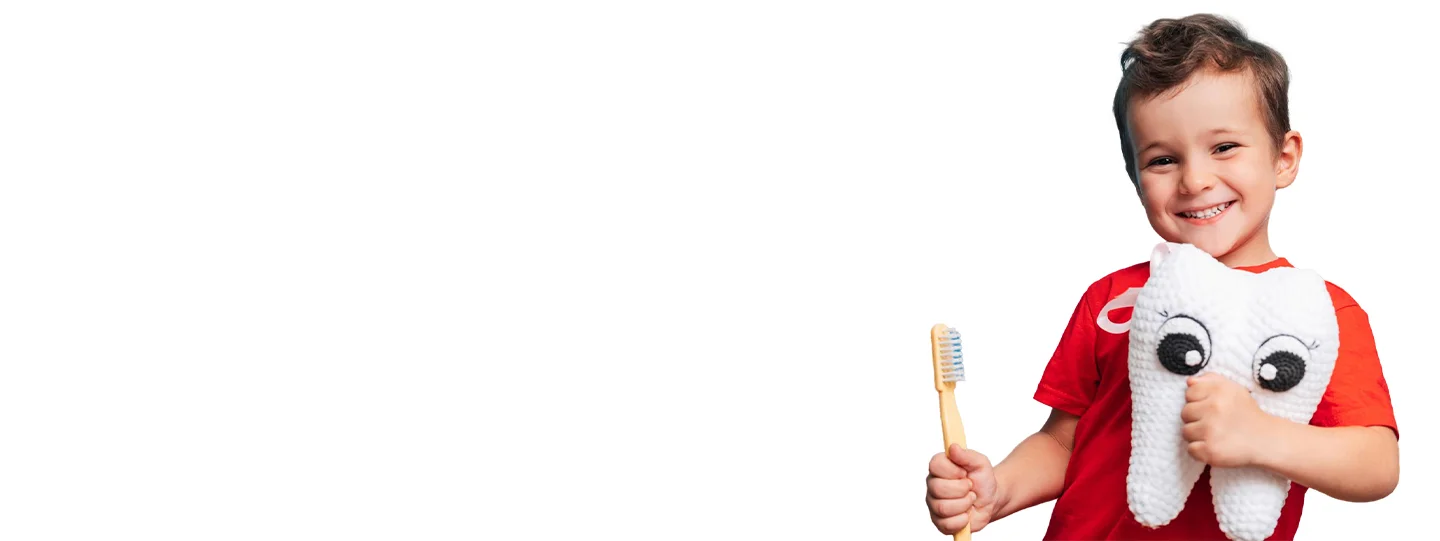Early childhood caries is a devastating form of dental decay affecting children below 5 years of age. The reason has been linked to poor oral hygiene practice, improper feeding habits, lack of parental awareness and avoiding dental visit. Poor oral health can affect the general health of the baby as it can cause problems in eating leading to low weight of your child.
Dentistry has evolved to a point where prevention of dental caries is now achievable. However, this requires an early start, as early as, when the child is in the mother’s womb. Here are few guidelines that you must follow, to ensure good oral hygiene of your child.


